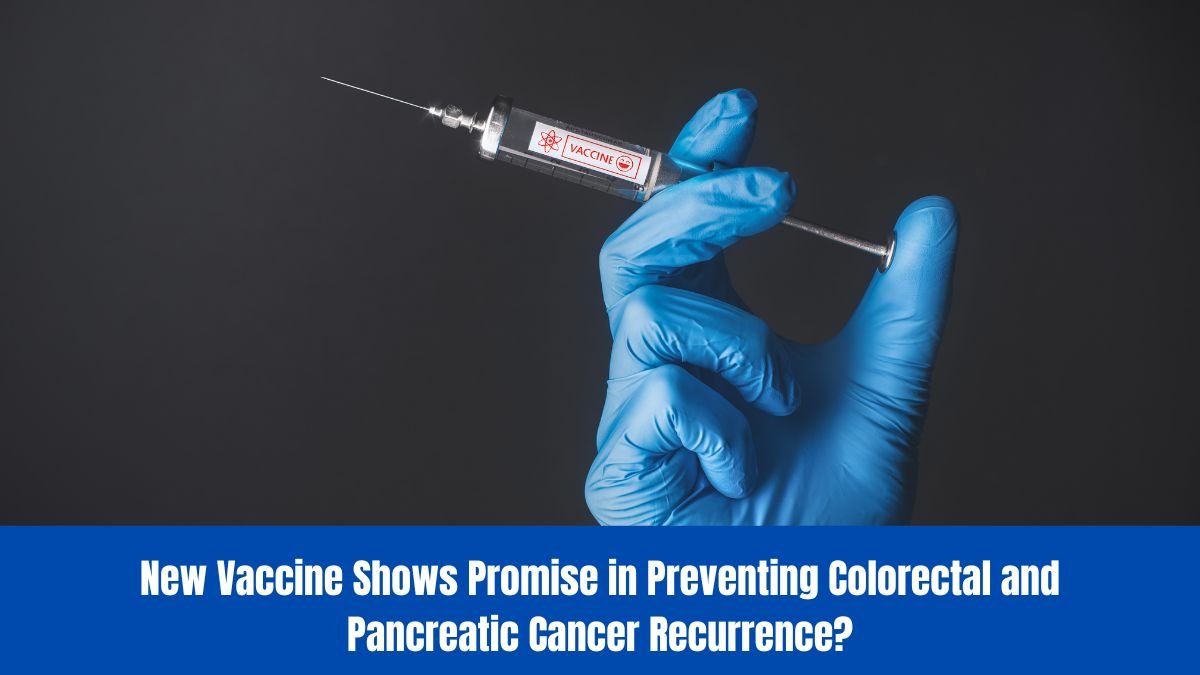Gastrointestinal cancers include stomach, liver, esophageal, pancreatic, and colorectal cancers. Research shows they make up about 26% of all cancers worldwide. Sadly, they cause about 35% of all cancer-related deaths.
Colorectal cancer is the third most common type of cancer in the world. It is also the second leading cause of cancer-related deaths.
Pancreatic cancer is the 12th most common cancer. But it is the sixth leading cause of death from cancer, showing how dangerous it can be.
The role of KRAS mutations
Both pancreatic and colorectal cancers are often linked to gene changes called KRAS mutations. These changes make cells grow and divide too quickly. This can lead to cancer that is very hard to treat.
For years, KRAS-driven cancers have been some of the most difficult to fight. Treatments that work for other cancers have not worked well for these.
A new hope: the off-the-shelf vaccine
A new study published in Nature Medicine shows a possible breakthrough. Researchers tested a vaccine that may prevent or delay cancer from coming back in people with KRAS-driven pancreatic or colorectal cancer.
The vaccine is called ELI-002 2P. It is “off-the-shelf,” which means it is made in a standard way and can be given to many patients, not just designed for one person.
How the study was done
The study used data from the AMPLIFY-201 trial. It included 25 patients with colon or pancreatic cancer. All had surgery, but small traces of cancer DNA were still found in their blood. This meant they were at high risk of relapse.
Each patient got injections of the ELI-002 2P vaccine. The goal was to train the immune system to see and attack cancer cells before the cancer came back.
Doctors also used blood tests to detect very small signs of cancer, like tumor DNA or tumor proteins, that normal scans cannot see.
Results of the trial
After almost 20 months of follow-up, the results were promising. The average relapse-free survival was about 16 months. The average overall survival was almost 29 months. This was longer than what doctors usually see in these cancers.
Around 24% of patients had a complete clearing of tumor markers in their blood. About 67% showed immune responses to other cancer-related changes.
Researchers said this is much better than what was seen before in similar patients.
Could this vaccine prevent cancer in the future?
Experts say the findings are exciting but still early. Pancreatic cancer is very deadly, and treatments have not been very effective. If this vaccine proves successful, it could change the way these cancers are treated.
One doctor noted that immunotherapy has not worked well for pancreatic cancer in the past. But this vaccine, which uses T cells to attack cancer, shows new hope.
Researchers are now asking if this vaccine could even stop cancer before it starts. If someone has a blood test showing early risk, could the vaccine prevent the cancer from forming? That is a question for future studies.
Why new approaches are important
KRAS mutations are found in many solid tumors. They are linked to poor outcomes, especially in pancreatic cancer, where 90–95% of cases have KRAS mutations.
The ELI-002 vaccine shows that the immune system can be trained to fight these cancers. If successful, this could help patients live longer and reduce relapse.
Early results from a larger trial called AMPLIFY-7P are also encouraging, but full data is still to come. Experts say more research is needed, but the progress is a strong step forward.






